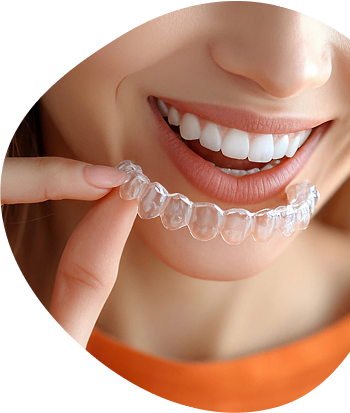X-rays are an essential part of every dental patients’ preventative treatment plan. Your dentist in Colorado Springs, Colorado relies on radiographs to help diagnose a potential oral health issue before it becomes a problem. The most common type of x-ray is intraoral, revealing details of the tooth, bone, and any surrounding tissue in the patient’s mouth. This allows dentists to find cavities, check the health of the bone area around the tooth, determine the status of any developing teeth, and diagnose periodontal disease early on.
Other common types of x-rays are bitewing, periapical and panoramic. Routine exams require between two or four bitewing x-rays to show the crown of your teeth and check for early signs of any decaying between the teeth. Periapical x-rays provide a detailed look at the teeth’s bone height and root tips. Another typical x-ray is a panoramic x-ray, taken from the outside of the mouth and provides your Colorado Springs Dentistry with a large image of the entire oral cavity showing all teeth, the upper and lower jaw, to include the sinus areas. This type of x-ray identifies cysts, impaction, tumors, bone irregularities, and jaw disorders.
Every person has very different oral health, as a result, your dentist will provide you with an evaluation and make recommendations based on the current oral health of each individual. New patients will more often than not be advised to take a full series of panoramic images and x-rays to asses where your oral health stands. These images will be used to monitor the condition of your mouth and teeth and will help the dentist establish an x-ray schedule for future visits. Children’s mouths should also be x-rayed in accordance with the child’s development and dental health.
If you have any concerns about radiation, we can assure you that our dental practice uses digital x-rays which are designed to significantly reduce radiation exposure, making it a safe process for all members of your family. We highly recommend you notify the technician and dentist if you are pregnant, breastfeeding, or have thyroid problems so that we can provide you with protective equipment such as a lead body apron and shield as an added safety measure.
As your dentist in Colorado Springs, we cannot express how strongly we care about your oral health and only strive to provide the best possible dental care. A visual examination may not always tell us everything we need to know, which is why dental x-rays are extremely important to accurately diagnose and treat dental issues early on.










.png)


